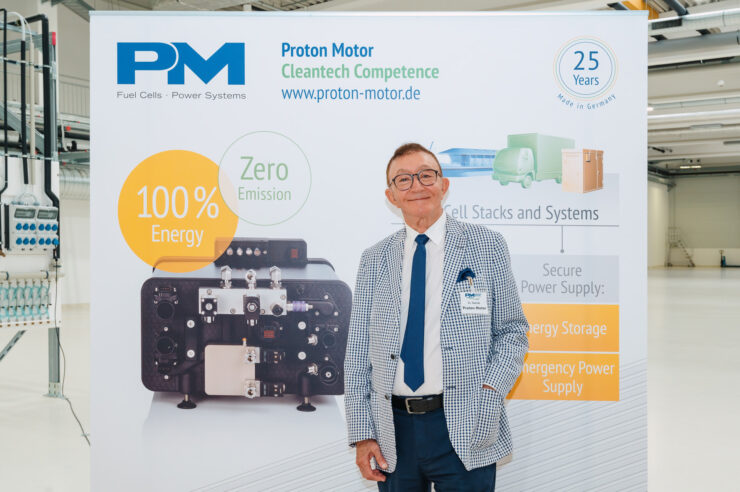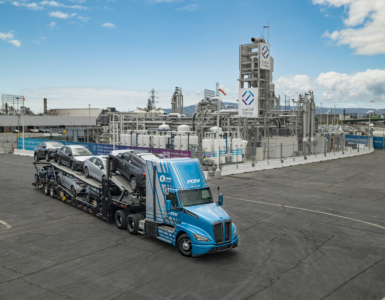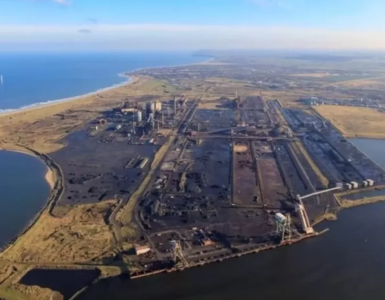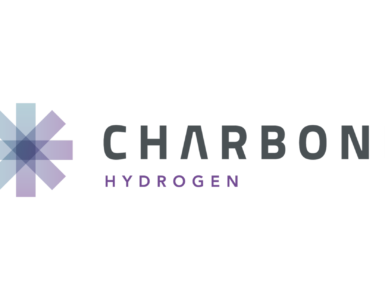Proton Motor CEO Dr. Faiz Nahab assesses market potential in the stationary market segment as enormous
Decentralised, local hydrogen fuel cell applications are the nucleus for the energy transition and transformation of Germany as an industrial location – Proton Motor Fuel Cell
1 – Proton Motor Fuel Cell GmbH: Hydrogen fuel cells “Made in Germany” since 1998
Climate change and the necessary transformation of the energy system to renewable energies and the associated transformation of the manufacturing industry is currently the greatest challenge for politics and society. Proton Motor Fuel Cell GmbH (https://www.proton-motor.de) in the Munich metropolitan region recognised the urgency of alternative solutions for power and heat supply at an early stage. With its 25 years of experience, the company maintains its European role as a key player in the development and production of emission-free hydrogen fuel cells based on innovative PEM technology (Polymer Electrolyte Membranetechnology). Sales activities address segments in the stationary, heavy-duty, maritime and rail sectors of the European B2B markets.

2 – Fuel cell technology as an ideal building block for the energy transition and realignment of Germany as a manufacturing location
Fuel cell technology is considered one of the most important transformation building blocks for Europe’s future climate-friendly mobility and sustainable energy transition. Hydrogen is the only way to store large quantities of renewable energy without loss or emissions. At the same time, the fuel cell is the only emission-free technology that can replace combustion engine technology 1:1 with the same customer functionality. Thanks to the identical interfaces and peripherals, everything remains the same for the user when using the fuel cell – even the entire supply chain of the combustion engine can be retained! The prerequisite for this is the adaptation of these to hydrogen. Otherwise, existing supply chains will migrate to China and the US.
The German government has also recognised the potential of hydrogen fuel cell technology. In 2020, the “National Hydrogen Strategy” (NWS) agreed on a framework for action for the market ramp-up of hydrogen technologies. The follow-up of the NWS 2023 (ambitious update of the NWS through the coalition agreement) is intended to continue to establish reliable guidelines for hydrogen application technologies. These are defined into short-term (for the last year 2023), medium-term (for 2024/2025) and partly long-term (until 2030) measures.
🔥 What about we co-host a webinar? Let's educate, captivate, and convert the hydrogen economy!
Hydrogen Central is the global go-to online magazine for the hydrogen economy, we can help you host impactful webinars that become a global reference on your topic and are an evergreen source of leads. Click here to request more details
Proton Motor Fuel Cell GmbH welcomes and supports the NWS and its approaches, especially with regard to the different fields of action and measures! According to Proton Motor, however, the wrong focus is sometimes set here:
In the NWS, large-scale industries (steel, chemicals, mobility) are clearly preferred. However, in order to drive their transformation, these industries need an end-to-end supply of hydrogen and large quantities of hydrogen, which in turn requires an expanded international pipeline network. Through many bilateral exchanges and discussions, Proton Motor expects this to take at least another 15 years. Especially since the topic of hydrogen to be imported makes it clear that the infrastructure of the exporting countries has not yet been designed with regard to renewable production, distribution and transport. This time should not be wasted! The immediate, politically motivated task must be to focus on the stationary / decentralised energy storage and supply market! Above all, tailor-made funding is needed to ensure energy storage and off-grid supply in the form of hydrogen hubs and thus achieve short-term target achievement in the context of the energy and climate transition in the current decade.
3 – Facts with specific characteristics of the stationary market segment
The stationary market potential, including market-relevant technologies such as emission-free hydrogen fuel cells, is available. Therefore, it is appealed to politicians to examine the proportionality of current public subsidies and to make necessary adjustments with regard to the area of stationary / decentralised! Proton Motor is expecting a very high potential in the stationary market based on emission-free hydrogen for short- to medium-term investments:
- There are three main applications for stationary fuel cell systems: combined heat and power for buildings, emergency power systems (such as emergency power systems) and off-grid energy supply (e.g. off-grid charging stations). In all applications, the state of the art is the conventional combustion system based on fossil fuels, which are harmful to the environment as well as to humans due to the production of CO2. The building sector alone is responsible for almost 35% of all CO2 emissions in the EU.
- In buildings, fuel cells can replace conventional heating systems and, by generating additional electricity, help to minimise electricity demand from the grid and protect buildings against grid failures. This results in grid-friendly operation for electricity and gas as well as relieving the grids. The combined generation of electricity and heat as well as the use of waste heat from the electrolysers create an overall efficiency of up to 90%. When used as an emergency power system, buildings can be self-sufficient in the event of a grid failure. In addition, it is possible to combine this with the use of heat pumps, which leads to the use of far more than 60% renewable energies.
- The market segment for location-independent and thus flexible fuel cell systems is growing due to increasing demand for emission-free power supply systems, as evidenced by the majority of customer feedback. Short- and medium-term investments can drastically reduce technology costs. As a result, the competitiveness of the fuel cell will be presented more quickly, which in turn will have a positive effect on the mobility markets (e.g. through cost reduction due to higher quantities).
The current market analysis is as follows:
PEM fuel cell has been the leading technology in recent years, with a market share of over 80% in terms of installed capacity and over 60% in terms of the total volume of the stationary fuel cell market. European markets account for 16.3% – a clear increase in growth! Overall, the market for stationary fuel cells is expected to grow to around USD 12.5 billion (EUR 11.85 billion) by 2030 and USD 13.41 billion (EUR 12.72 billion) by 2031, with a compound annual growth rate (CAGR) of 12.07%.
The following illustration below summarises the key market data up to 2030:
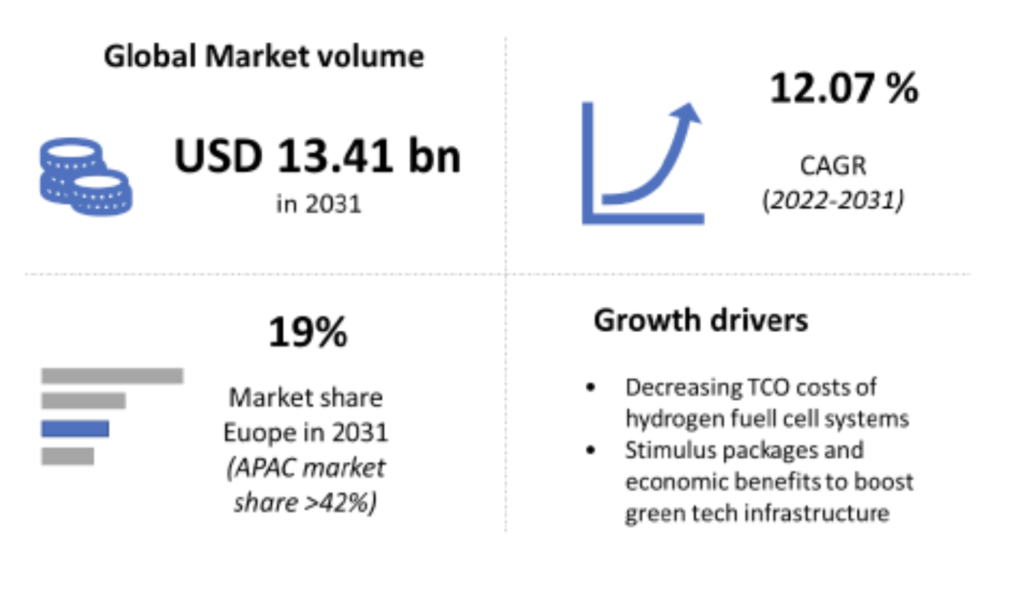
Conclusion and positions of Proton Motor Fuel Cell GmbH
According to the professional assessment of Proton Motor Fuel Cell GmbH, it is the logical consequence that in the short and medium-term, the decentralised stationary market must receive public subsidies in order to justify further investments in Germany as a business location! The emission-free hydrogen fuel cell quality technology “Made in Germany” has existed at Proton Motor since 1998 to address the market for a climate-neutral energy transition. In the implementation of the climate protection goals, high-tech innovation, competence and manpower will be retained for the future viability of Germany as a business location and within Europe.
Therefore, Proton Motor’s appeals are:
- No neglect of the stationary market >> Not only long-term but also short-term thinking and action are necessary to successfully manage the energy and industrial transition with hydrogen fuel cell technology.
- More opportunities for go-to-market support >> Reduce the burden on end users to drive demand for hydrogen fuel cell solutions.
- Access to investment programs >> Central medium-sized technology drivers in Germany should receive accompanying financial aid to accelerate the production ramp-up and further technology development and to reduce the operating costs of hydrogen fuel cell products.
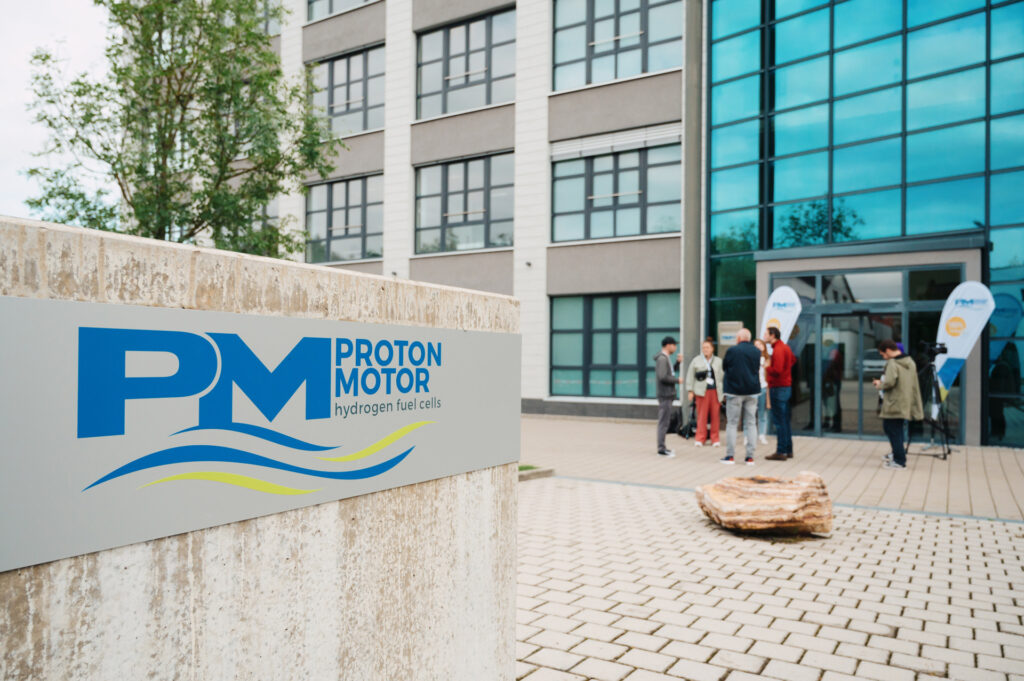
Point of contact at Proton Motor Fuel Cell GmbH (https://www.proton-motor.de)
Benzstrasse 7, D-82178 Puchheim | Fraunhofer Strasse 9, D-82256 Fuerstenfeldbruck:
Christoph Pauli | Governmental Affairs & Funding | c.pauli@proton-motor.de | +49 / (0)89 / 127 62 65-1089
READ the latest news shaping the hydrogen market at Hydrogen Central

